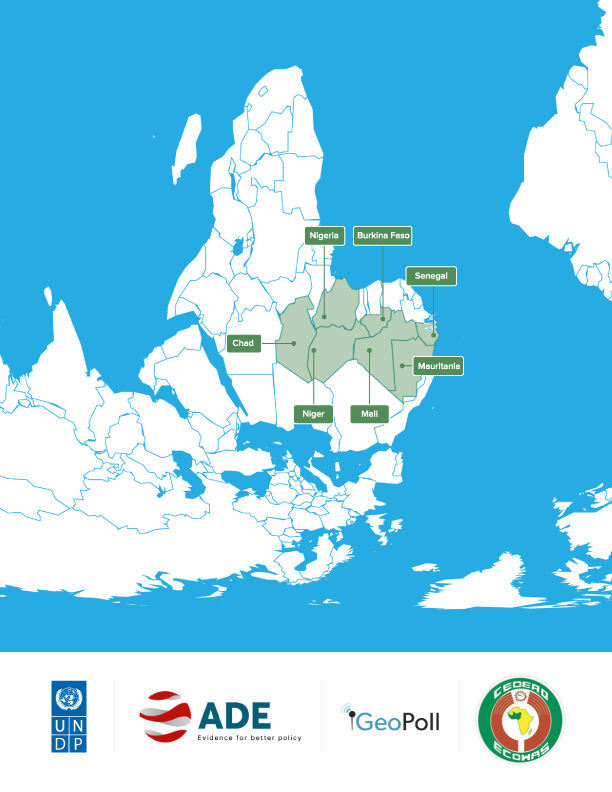Nigeria
227.9
Population 2023 (Millions)
0.5
HDI Score
2022 (Max. 1)
54.6
SDG Score
2023
(Max. 100)
0.7
Gender Inequality
Index Score
(Max. 1)
65
Internet Inclusivity
Index 2022
(100 countries)
Overview
Situated on the Gulf of Guinea in West Africa, Nigeria is the continent’s most populous country and one of its most economically and culturally influential. With a landscape that ranges from the arid Sahel in the north to the lush Niger Delta in the south, Nigeria is home to over 250 ethnic groups, including the Hausa, Yoruba, and Igbo, each with distinct languages and traditions. Formerly a British colony, Nigeria gained independence in 1960 and has since experienced a turbulent post-colonial history marked by military coups, a civil war, and ongoing struggles with corruption and governance. While the country boasts vast natural resources—most notably oil and gas—economic inequality remains stark, and much of the population lives in poverty. Security challenges persist, from the Boko Haram insurgency in the northeast to intercommunal violence and separatist tensions in other regions. Yet Nigeria remains a regional powerhouse, with a dynamic youth population, a booming tech scene, and a global cultural footprint shaped by its music, film, and literature.
Projects

- Nigeria, Sub-Saharan Africa (SSA)
- January 2025 - March 2025
- Just Digital Transformations
- Partner(s): UNESCO (Funder)
Establishing a UNESCO Category 2 Centre is a vital step toward fostering international collaboration and advancing global development agendas. These Centres act as hubs to advance UNESCO’s goals of promoting peace and sustainable development across its key areas of competence—education, science, culture, and communication—in line with the SDGs.
Data-Pop Alliance (DPA), in partnership with UNESCO, conducted a feasibility study to evaluate the readiness and potential of a proposed institution in Nigeria to receive this prestigious designation. The study aimed to ensure the center would align with UNESCO’s global strategies and sectoral priorities while addressing the unique challenges and opportunities of the region. Our team examined the centre’s ability to contribute to international and regional goals, assessing its:
- Alignment with UNESCO’s Global Framework
- Operational and Financial Sustainability
- Excellence and Impact
- Collaborative Potential
DPA’s study delivered actionable recommendations which highlighted opportunities for innovation, cross-border collaboration, and sustainable development.

- Burkina Faso, Chad, Mali, Mauritania, Niger, Nigeria, Senegal, Sub-Saharan Africa (SSA)
- December 2020 - December 2021
- Resilient Livelihoods and Ecosystems
- Partner(s): ADE (Funder), Economic Community of West African States (ECOWAS), GeoPoll, UNDP Regional Hub for West and Central Africa (Funder)
In partnership with the UNDP Regional Office and the Economic Community of West African States (ECOWAS), DPA and ADE conducted assessments of the socioeconomic impacts of COVID-19 and the role of disaster risk governance (DRG) in seven countries of the Western Sahel and Lake Chad Basin (Burkina Faso, Chad, Niger, Nigeria, Mali, Mauritania, and Senegal). The study analyzed the impacts of the pandemic on macroeconomic health, human development, political governance, peace, and social cohesion, as well as the role of DRG institutions at the regional and national levels. The assessment utilized mixed methods with qualitative and quantitative data collection to produce seven country-level analyses, a regional comparative study, and a policy brief.
